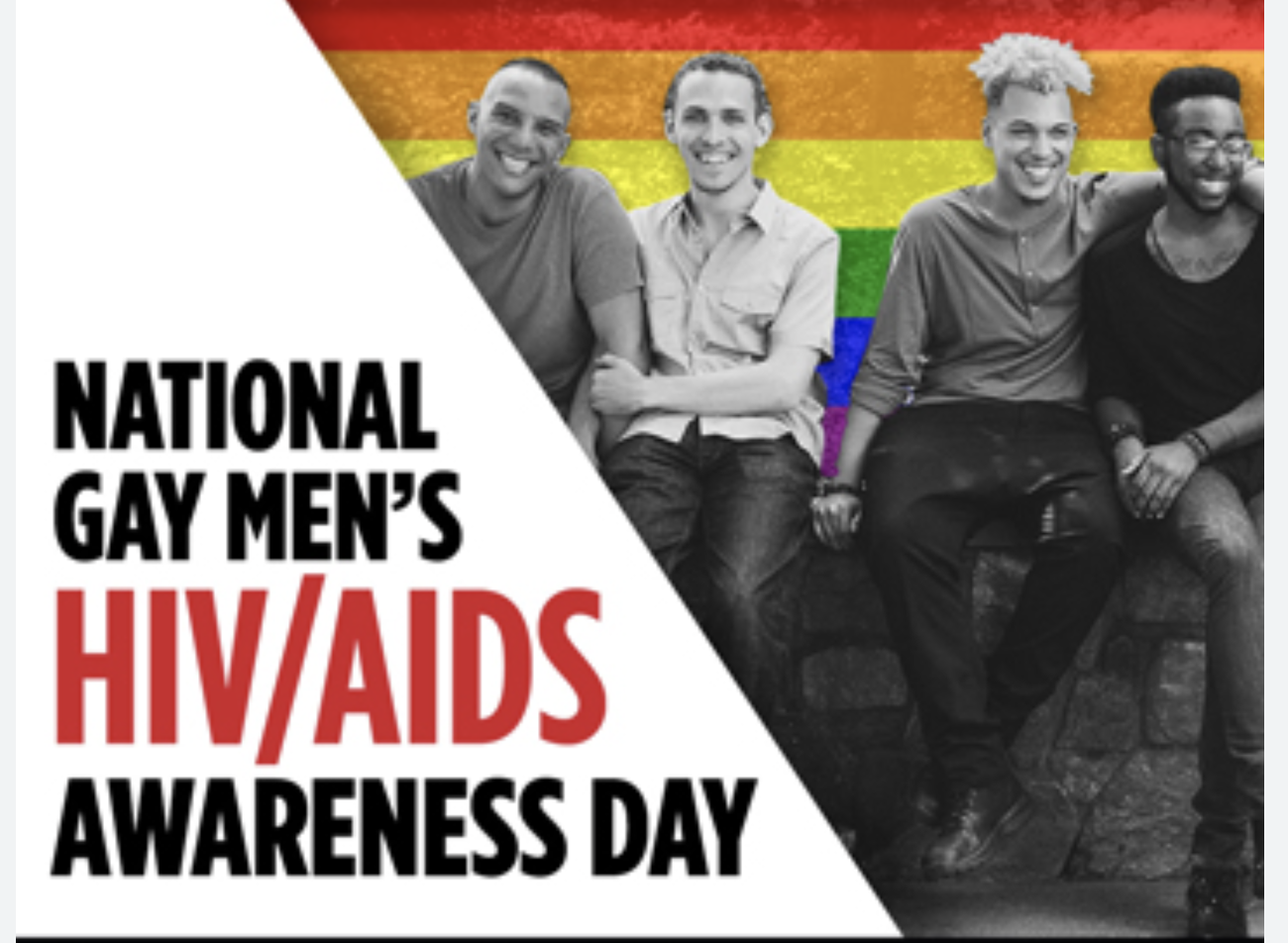CBS NEWS – Doctors should weigh prescribing some of their patients a pill of a powerful antibiotic, doxycycline, to prevent the spread of sexually transmitted infections, according to new draft recommendations released Monday by the Centers for Disease Control and Prevention.
Officials say the approach, dubbed doxycycline post-exposure prophylaxis, or Doxy-PEP for short, could mark a turning point in the nation’s fight against the ongoing epidemic of sexually transmitted infections, or STIs.
It comes after growing early research has found that doxycycline could prevent bacterial infections from taking root when taken in the days soon after potential exposure during sex, instead of reserving pills of the antibiotic only for doctors treating diseases after they are diagnosed.
“It’s going to take game-changing innovations for us to turn the STI epidemic around. And Doxy-PEP is the first major new prevention intervention we have for STIs in decades,” Dr. Jonathan Mermin, head of the CDC’s National Center for HIV, Viral Hepatitis, STD, and TB Prevention, said in an interview.
Mermin, who co-authored the draft, estimated that implementation of their Doxy-PEP recommendations could lead to tens of thousands of infections prevented.
The recommendations will remain open for comments for 45 days. After incorporating that feedback, Mermin said he expects a final version to be published in the first quarter of next year.
“We think this is the right step right now, even though science is still evolving,” he said.
Who should take Doxy-PEP?
For now, the CDC’s draft recommendations for offering the antibiotic are limited to the groups of Americans hardest hit by the STI epidemic: gay, bisexual and other men who have sex with men, as well as transgender women.
Among those communities, the CDC further narrowed the scope of its recommendation to those who have been diagnosed in the past year with at least one STI caused by bacteria, such as gonorrhea, chlamydia or syphilis …



